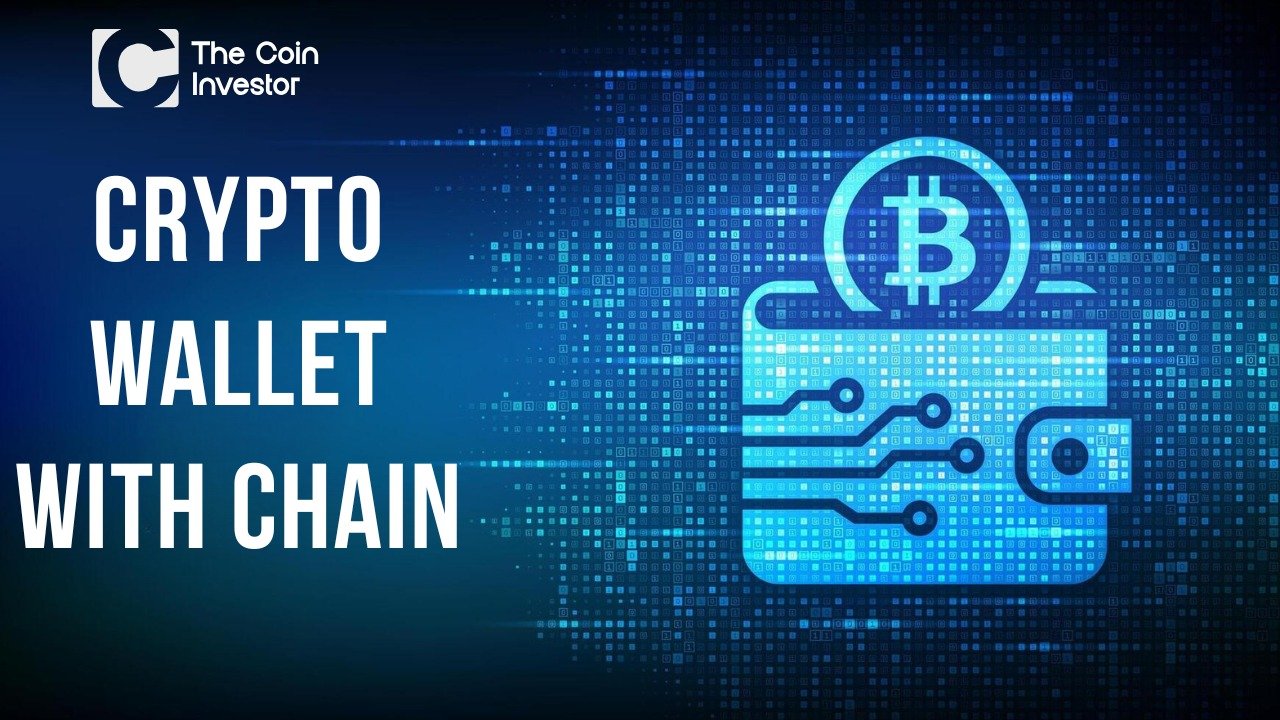In the growing digital economy, it is important to manage crypto assets safely.
A cryptocurrency wallet is the main tool for using blockchain networks. It is not only for storage but also for managing assets and making transactions. Users can engage with decentralized apps (dapps) through it.
A multi-chain wallet lets users manage many cryptocurrencies from one spot, enhancing interoperability. This helps active traders, long-term holders, and beginners by making things easier and safer. Choosing the right wallet with strong chain support is key. This helps build a strong and varied digital asset collection. This guide looks at how these wallets work, their security features, and the best choices available.
Crypto Wallets with Chain: Integration for Enhanced Digital Security
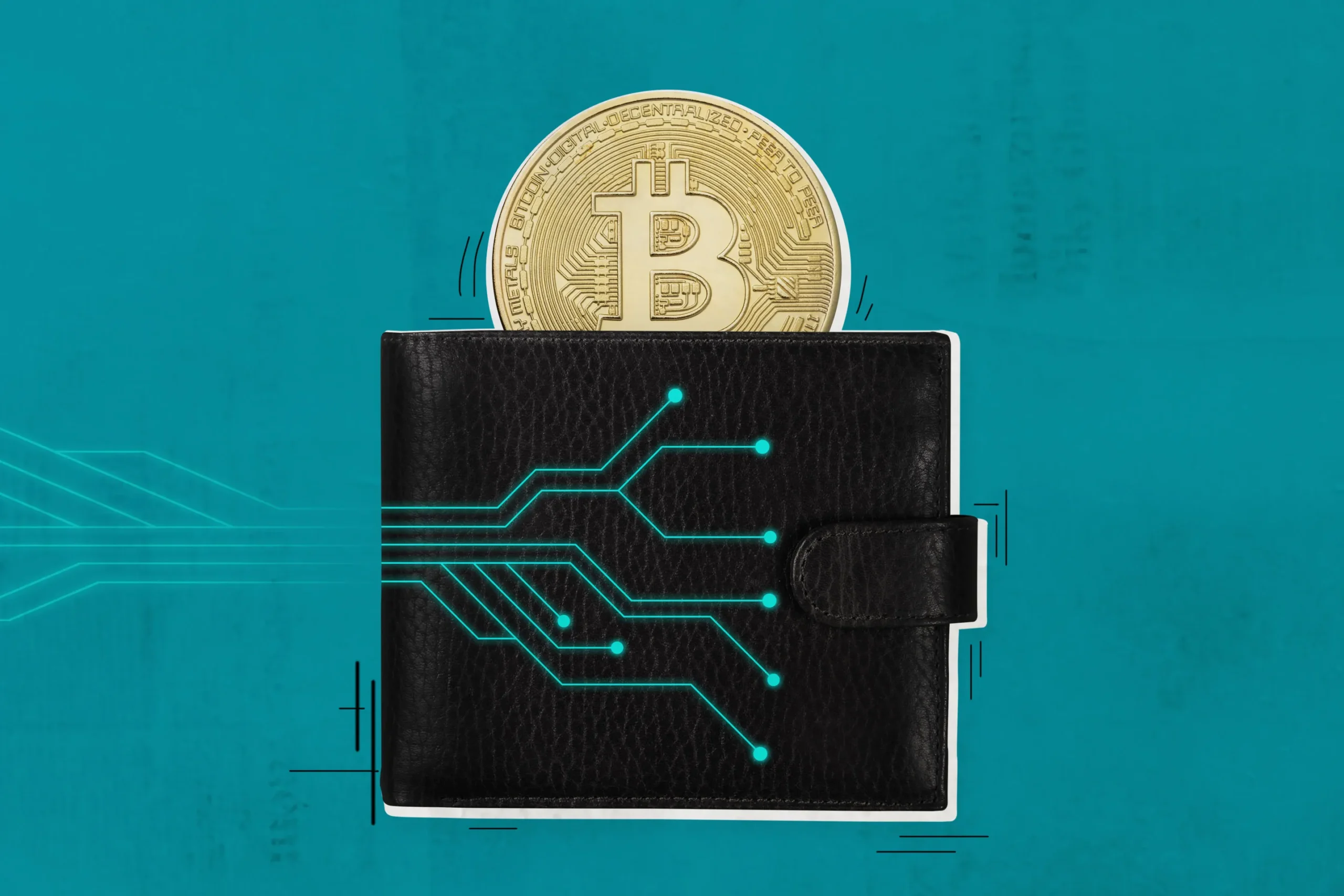
A crypto wallet with chain helps users work easily across different blockchain systems for different purposes. This lets them handle many cryptocurrencies in one place. There is no need for separate wallets anymore. These wallets support coins like Bitcoin, Ethereum, Solana, and Polygon. They offer a smooth and simple way to manage assets. The safety of these wallets can differ. Hot wallets are online and cold wallets are offline. Both types have their own security levels. Here are some top crypto wallets that provide strong support for many chains.
1. Ledger Nano Series: Advanced Hardware Security
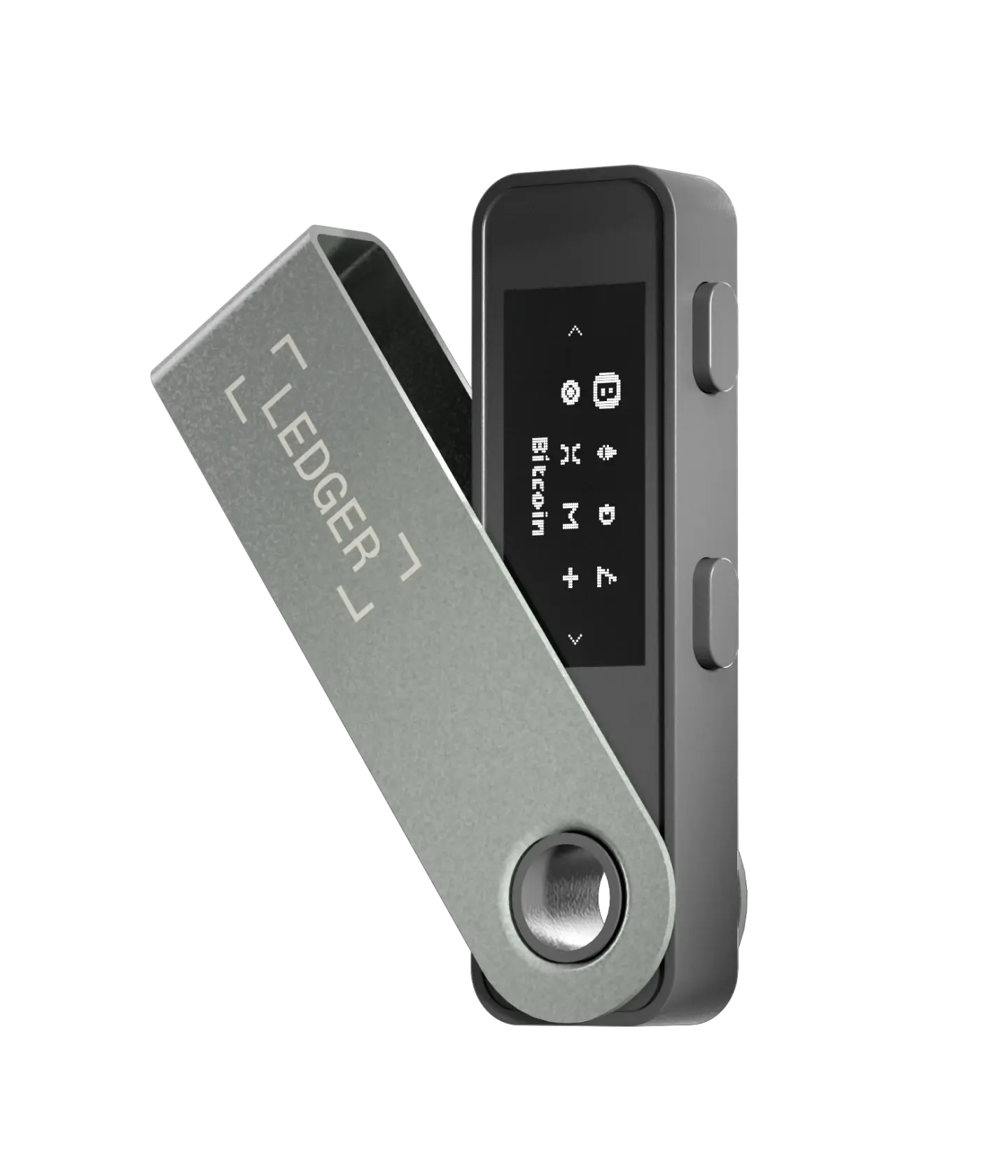
Ledger devices are well-known hardware wallets in the crypto world. They offer great safety for digital assets.
As cold wallets, they keep private keys offline. This helps protect against online hacks. The Ledger Nano series works with many cryptocurrencies across different blockchains.
Users can manage their coins using the Ledger Live app. This app is easy to use on both desktop and mobile devices. It allows staking, swapping, and managing NFTs. At the same time, it keeps private keys safe on the device. For those who care about security, Ledger is a great choice. It offers strong physical protection and works with many blockchains.
2. Trezor Suite: User-Friendly Protection
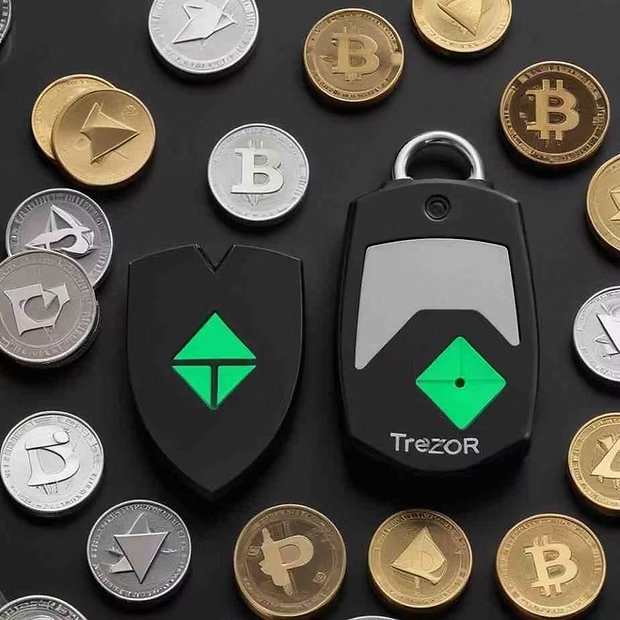
Trezor is a top name in the hardware wallet market. It is known for its strong security and open-source values. The Trezor Suite has an easy-to-use interface. This interface helps users manage different cryptocurrencies. Like Ledger, Trezor devices are cold wallets. This means private keys stay offline to keep hackers away.
The wallet works with many blockchains. It is great for holding Bitcoin, Ethereum, and thousands of other tokens. Its strong codes and simple design make Trezor a good choice. It suits both new users and expert users alike.
3. MetaMask: Popular Multi-Chain Web3 Access

MetaMask is the top hot wallet. It can be used as a Chrome extension or mobile app. This wallet serves as a door to Web3 and dapps. It mainly works on the Ethereum network.
However, it also supports BNB Chain, Polygon, and Avalanche. Hot wallets have more online risks than hardware wallets.
Still, MetaMask gives a safe place with password protection for crypto assets, making it suitable for both casual users and advanced users.
Its easy design makes it great for traders. It is also good for dapp users who need quick access for swaps or buying NFTs.
4. Trust Wallet: Mobile Chain Versatility

Trust Wallet is a mobile-first crypto wallet owned by Binance that has gained immense popularity for its simplicity and extensive multi-chain support. It allows users to store and manage millions of digital assets across more than 65 different blockchains, providing a level of anonymity. The app has a built-in dapps browser, enabling users to interact with decentralized applications directly from their phones.
Trust Wallet is a non-custodial wallet, meaning you have full control over your private keys. It offers features like staking and an integrated swap function, providing a comprehensive user experience and essential functionality for managing crypto on the go. Its focus on mobile accessibility and broad compatibility makes it a strong choice for active users.
5. SafePal S1: Cold Storage with Chain Support
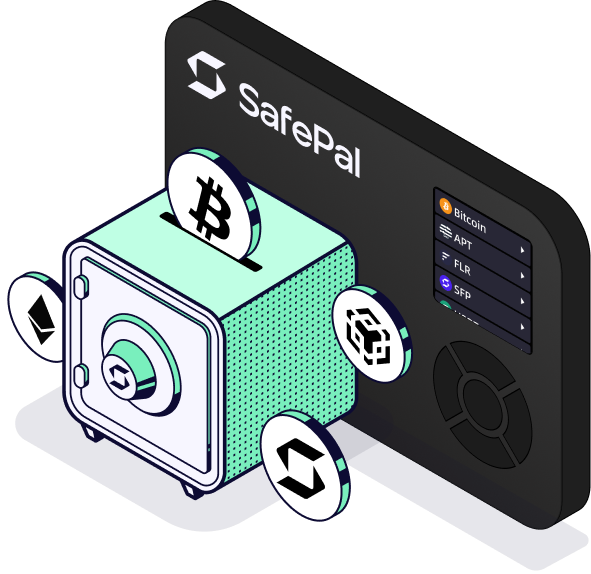
The SafePal S1 is a low-cost hardware wallet.
It provides safe cold storage for your crypto. Backed by Binance, it supports many types of coins.
This includes Ethereum and BNB Chain. Its air-gapped signing system lets you sign transactions offline. You can do this using QR codes.
This means the device does not connect to the internet. It boosts safety against online hacks.
The wallet blends cold storage safety with mobile app ease. This feature attracts users who want low-cost protection for their assets.
6. Coinbase Wallet: Seamless Exchange and Chain Connectivity
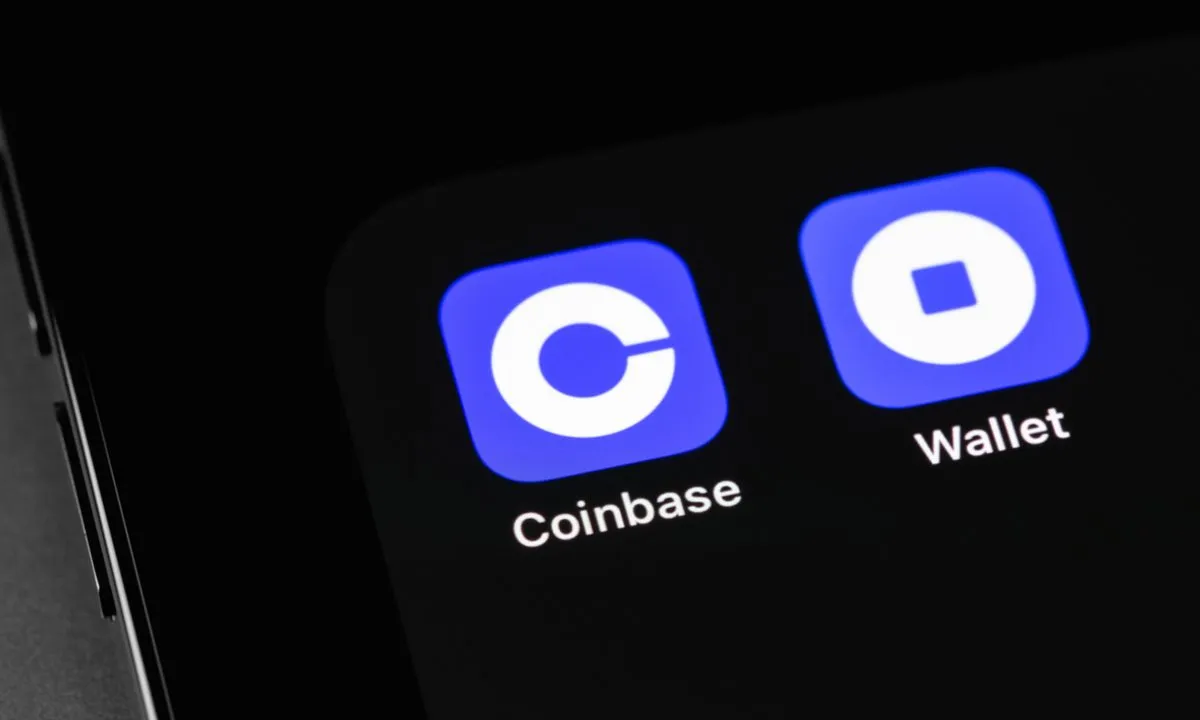
Coinbase Wallet is a wallet for crypto. It lets users have full control over their private keys.
This wallet is linked to Coinbase but is open to everyone. You do not need to use the exchange to access it. It works with many networks, such as Bitcoin and Ethereum. It also supports Solana and Polygon.
The wallet has a simple design, which is great for new users.
Key features include easy links to the Coinbase exchange for fast transfers. It also has a dapps browser and tools for managing NFTs.
Additionally, it supports DeFi protocols. This makes it a useful tool for using crypto safely and easily.
Key Features to Look For in a Crypto Wallet with Chain
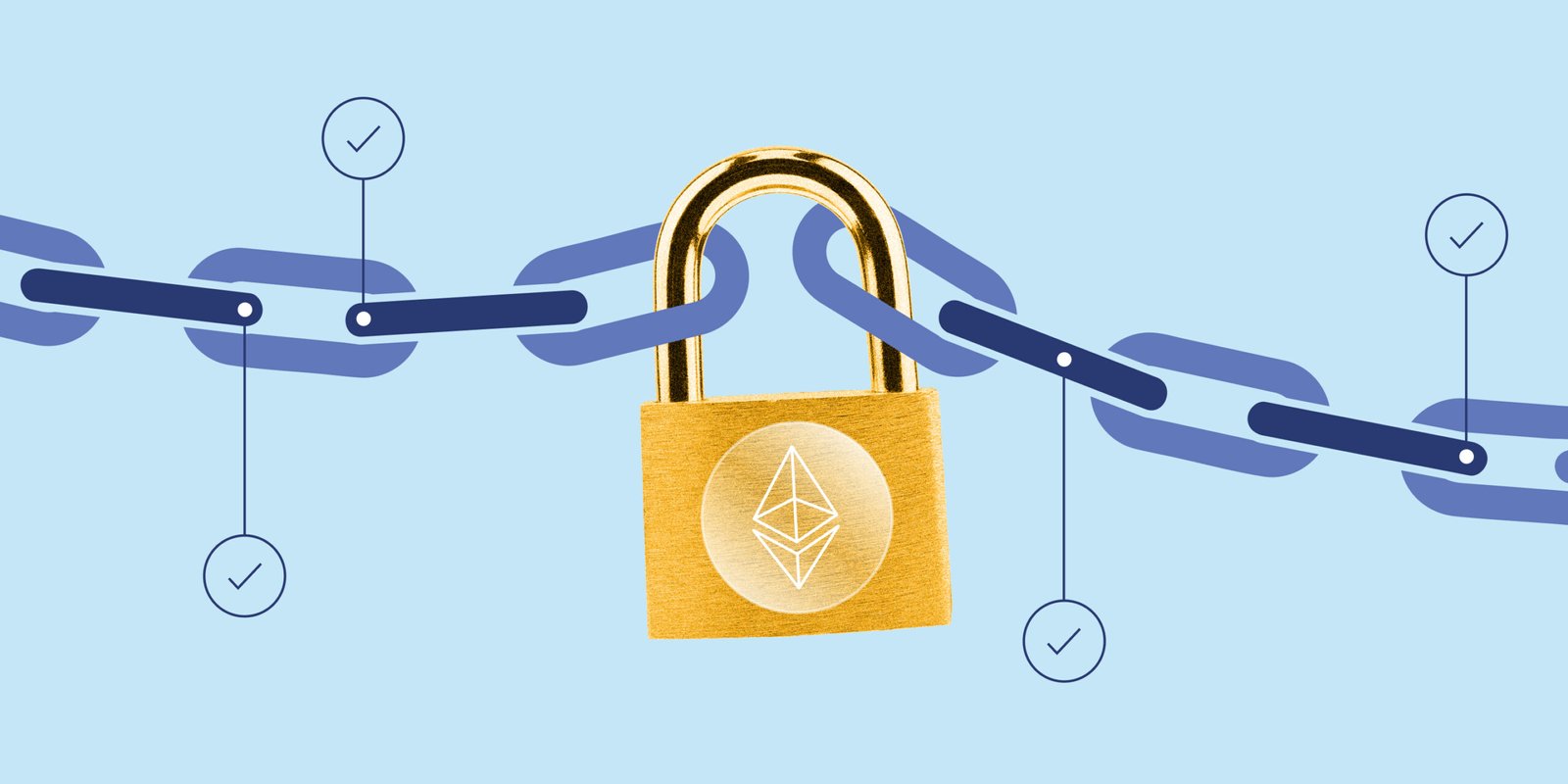
Choosing the right crypto wallet requires careful consideration of its features, especially concerning security and usability. A wallet’s ability to handle different blockchains is just one part of the equation.
Multi-Chain Compatibility
The main feature of the wallet is its support for many blockchain networks. A good multi-chain crypto wallet works with different types of coins. You can manage cryptocurrencies like Bitcoin and Ethereum. It also supports tokens from networks like Solana and Polygon.
This ability to work together makes it easier to handle your assets. It also cuts down on costs by removing the need for several wallets.
Private Key Management and Recovery Options
In crypto, you are like your own bank. This makes managing your public key and private keys very important.
A non-custodial wallet lets you control your own keys fully. It is best to choose wallets that have clear backup and recovery steps. These steps often include using seed phrases.
Hardware wallets provide the best safety because they keep your keys offline.
On the other hand, software (hot) wallets require strong passwords. They also need extra security features to protect them well. You should avoid custodial wallets where another party controls your keys.
Security Protocols and Encryption Standards
A secure crypto wallet keeps your digital assets safe. It uses strong codes to protect them. This includes common encryption methods and safe ways to sign transactions.
Choose wallets that have good features. Look for two-factor authentication (2FA), fingerprint login, and strong password rules.
For hot wallets, check their history and any known weak spots. For hardware wallets, focus on the device’s safety. Also, ensure the signing process is secure.
How Chain Integration Boosts Crypto Wallet Security?
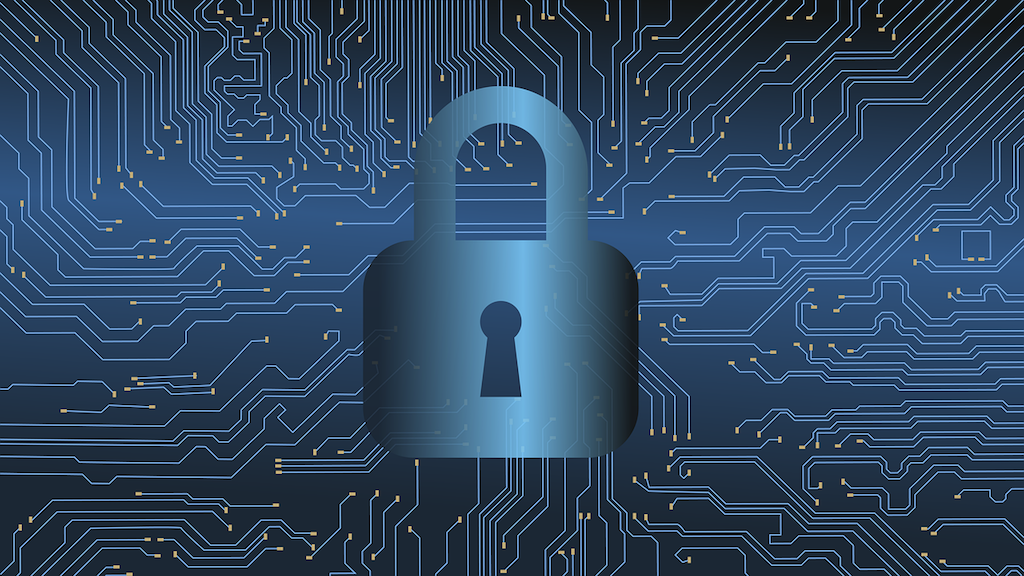
Chain integration in a crypto wallet not only adds convenience but also contributes to the overall level of security in several ways. The ability to interact with more than one blockchain from a single, secure point of control can fortify your defenses against potential threats.
Enhanced Transaction Verification through Blockchain
When a multi-chain wallet starts a transaction, it talks to the right blockchain. Each transaction needs to be checked and confirmed by the network’s consensus mechanism. This kind of checking is an important safety feature of blockchain tech. A good wallet makes sure that transactions are sent out correctly. It also lets users see the status of confirmations. This offers a clear and safe experience for everyone.
Reduced Single Point of Failure Risks
Relying on one blockchain for your crypto assets can be risky. It creates a single point of failure. It is smart to use many blockchains. This spreads out your risk. A multi-chain wallet helps you manage these different blockchains.
A non-custodial wallet is a good choice. This type of wallet means you do not rely on big exchanges. You can control your private keys with it. This is important for safety in the crypto world.
Improved Transparency and Traceability
A big benefit of blockchain tech is that it is clear. Every deal is kept on a public record that cannot change. A multi-chain crypto wallet helps you track deals across different blockchain networks. This can be done from one screen. It makes it easier to check and confirm the safety of your digital assets.
While blockchain gives you clarity, some coins focus on privacy. These coins can offer some level of hiding your identity when you want it.
How Multi-Chain Crypto Wallets Works?
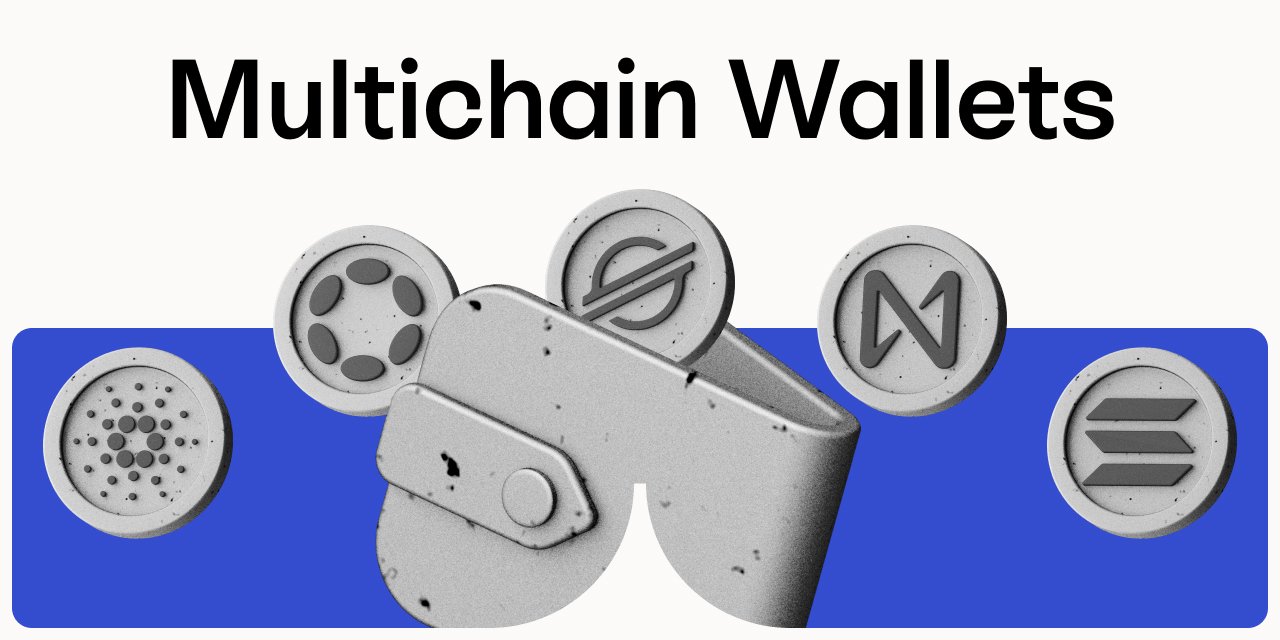
A multi-chain crypto wallet helps manage many private keys for different blockchains in one app. It does not hold your crypto money directly. Instead, it keeps the private keys that show you own the assets.
When you make a multi-chain wallet, it creates a master seed phrase. This phrase is used to get private keys for blockchains like Bitcoin, Ethereum, and Solana.
It is very important to keep this seed phrase safe. It is the main key to all your holdings. The wallet’s software has rules to work with different networks. For instance, it uses the Bitcoin rules to send Bitcoin and other rules for apps on Ethereum or BNB Chain.
The user interface makes it easy to see combined holdings and start transactions. You do not need special skills for each blockchain. This smooth connection allows actions like cross-chain swaps.
Advantages of using a multi-chain crypto wallet
The benefits of using a multi-chain crypto wallet are significant for both new and experienced users in the crypto space.
- Simplified Portfolio Management: The most apparent advantage is convenience. You can monitor and manage all your digital assets from a single dashboard, providing a clear overview of your entire portfolio. This eliminates the hassle of switching between different wallets for different cryptocurrencies.
- Cost and Time Efficiency: Managing multiple wallets can lead to higher transaction fees when moving assets between them. A multi-chain wallet can help reduce these transaction costs. It also saves time, which is particularly valuable for active traders who need to act quickly on market movements.
- Enhanced Access to DeFi and Dapps: The world of decentralized finance (DeFi) and dapps spans many different blockchains. A multi-chain wallet provides broad access to this ecosystem, allowing you to engage with staking, lending protocols, and NFT marketplaces on networks like Ethereum, Polygon, and Solana without friction.
- Improved Security Management: While you are responsible for securing a single wallet, it’s often easier than managing the security of many different types of wallets. By choosing a reputable multi-chain wallet, especially a hardware wallet, and following best practices, you can establish a strong and centralized security point for all your crypto holdings.
Conclusion
A multi-chain crypto wallet is very important for serious digital asset investors. It offers ease, speed, and robust security measures that ensure strong safety.
This helps users manage different types of assets on many blockchains. There are secure hardware wallets like Ledger and Trezor.
These wallets are known for their strong safety features. There are also software wallets like MetaMask and Trust Wallet, which provide easy access.
This gives options for everyone, from new users to skilled traders.
You should pick a wallet that fits your needs in function, ease of use, and safety.
By using non-custodial wallets, you keep control of your private keys. This is key to being independent in the world of digital assets.
As blockchain grows, the ability to work across different chains will be more important for the future of finance.
FAQs
How do I import or recover my wallet?
You can recover your wallet using the seed phrase (also known as a recovery phrase) that you were given when you first set it up. This phrase is typically 12 or 24 words long. To import your wallet to a new device or recover access, you install the wallet app and select the “import” or “recover” option, where you will be prompted to enter your seed phrase. It is vital to keep your seed phrase safe and offline, as anyone with access to it can control your crypto assets. Never share it with anyone, including a support team.
What is chain integration in a crypto wallet?
Chain integration in a crypto wallet means it can work with many blockchains from one place. Users can manage their private keys easily. They can also send and receive different types of money, like Bitcoin, Ethereum, and Solana, in one spot. This feature lets users keep and handle various digital assets, including executing smart contracts. They do not need to use separate wallets for each blockchain anymore.
Are hardware wallets safer than software wallets with chain integration?
Yes, hardware wallets are safer than software wallets. Hardware wallets store private keys offline, similar to paper wallets. This protects them from online threats like malware and phishing. Software wallets keep keys on devices that connect to the internet. This makes them more open to hacks. Both wallet types can support multi-chain use. However, a hardware wallet is better for safely keeping large amounts of crypto.
What should I do if I lose access to my wallet with chain integration?
If you lose your device or password, you need your seed phrase to access your crypto assets. This is why backing up your recovery phrase is very important. If you lose both your device or password and your seed phrase, you can’t get to your funds. They will be gone forever. There is no main authority or support team to help reset passwords in a non-custodial wallet. Always use the best ways to keep your recovery phrase safe.
Can I use one wallet for multiple blockchains securely?
Yes, you can securely use a multi-chain wallet for different blockchains. First, choose a trusted option. Then, follow good security habits. A top hardware wallet gives the best safety. For software wallets, create a strong and unique password. Enable two-factor authentication if you can. Also, watch out for phishing scams. The wallet’s safety depends on how it is made. It also relies on the user’s care in protecting their login details and recovery phrases.
Are multi-chain wallets safe?
The safety of a multi-chain wallet relies on its type. There are two main types: hardware and software. The security also depends on the steps taken by both developers and users. Trusted non-custodial wallets are usually safe from vulnerabilities. This is because they go through tough testing and checks. Hardware wallets give the best protection, but mistakes can happen. User error can put any wallet at risk. Users need to protect their password and seed phrase well. When these are secure, a good multi-chain wallet can safely manage cryptocurrencies.
